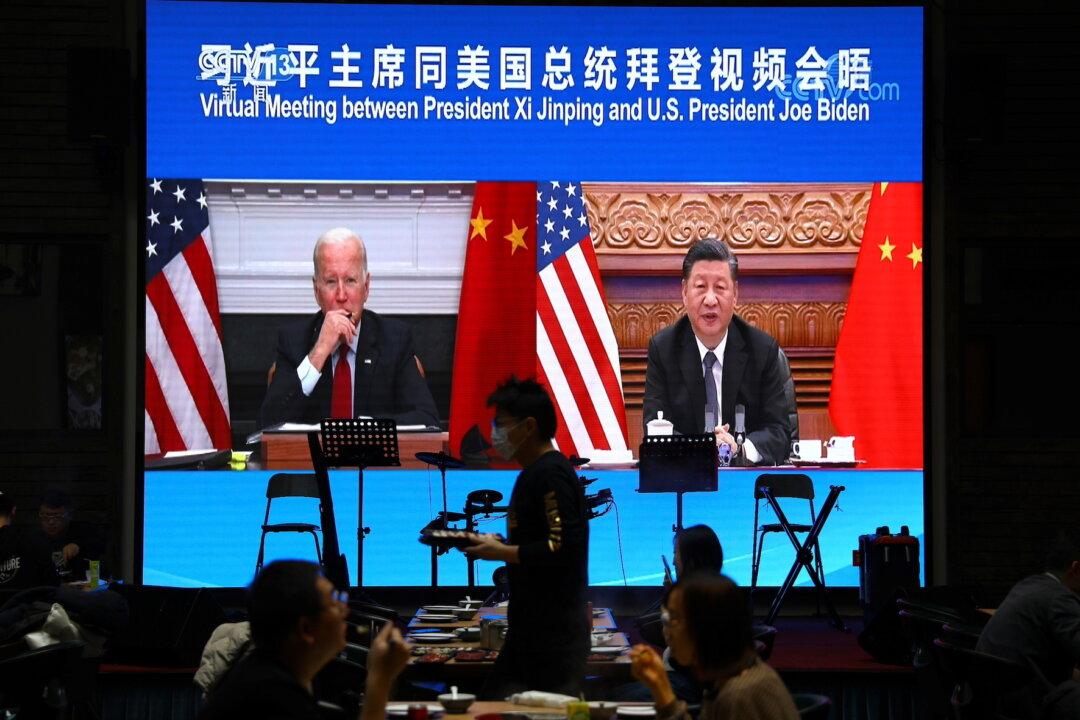News Analysis
In an era of superpower competition with Russia and even more so China, there is nothing more important than the integrity of politics in America’s capital city.

In an era of superpower competition with Russia and even more so China, there is nothing more important than the integrity of politics in America’s capital city.